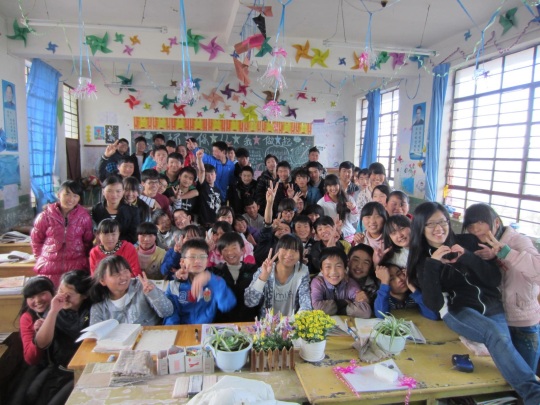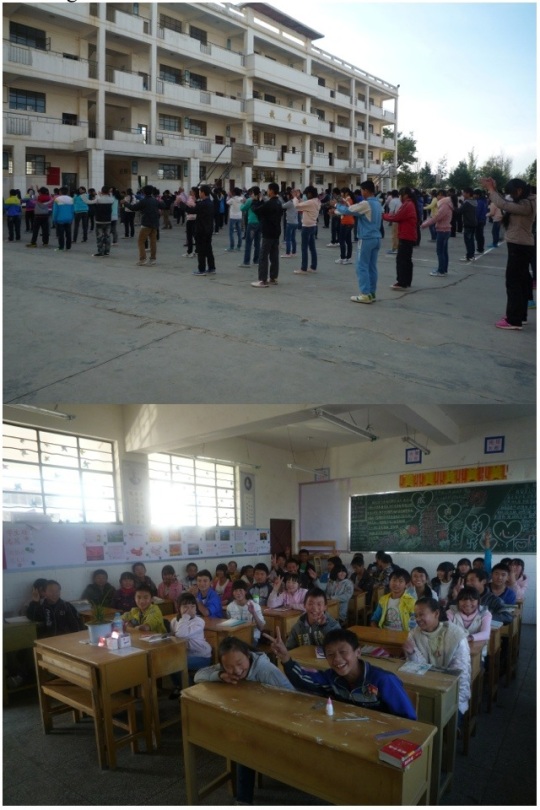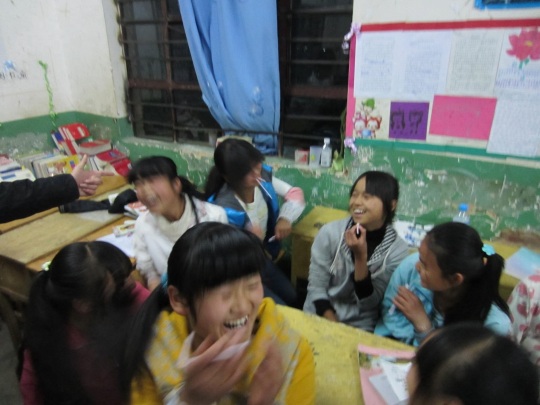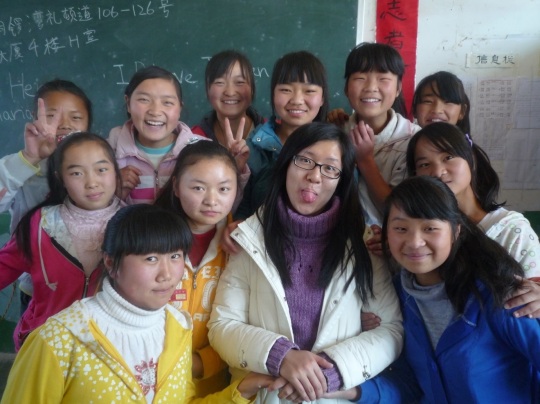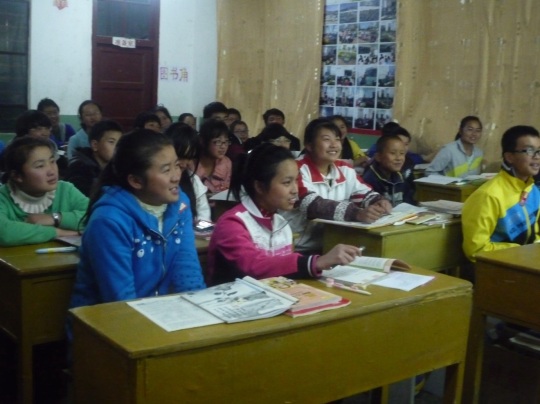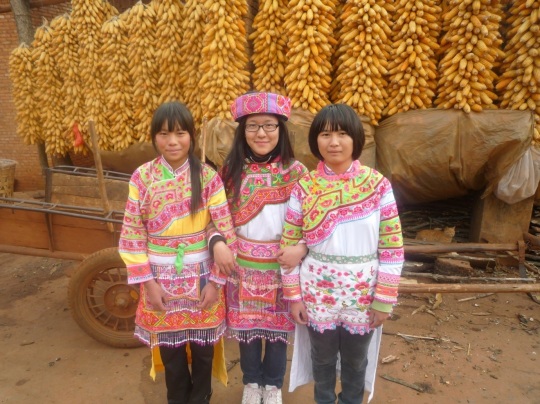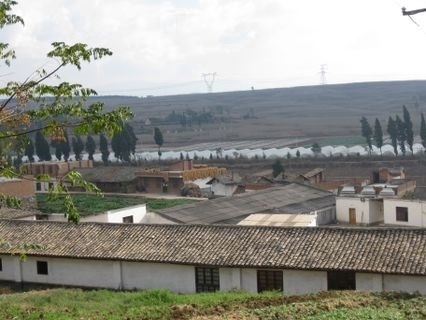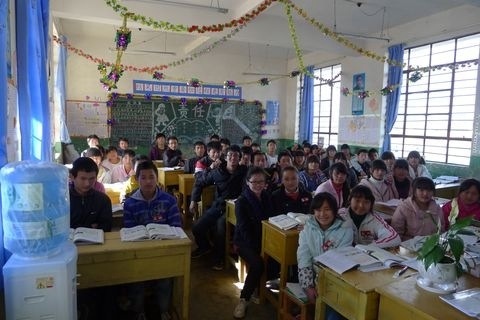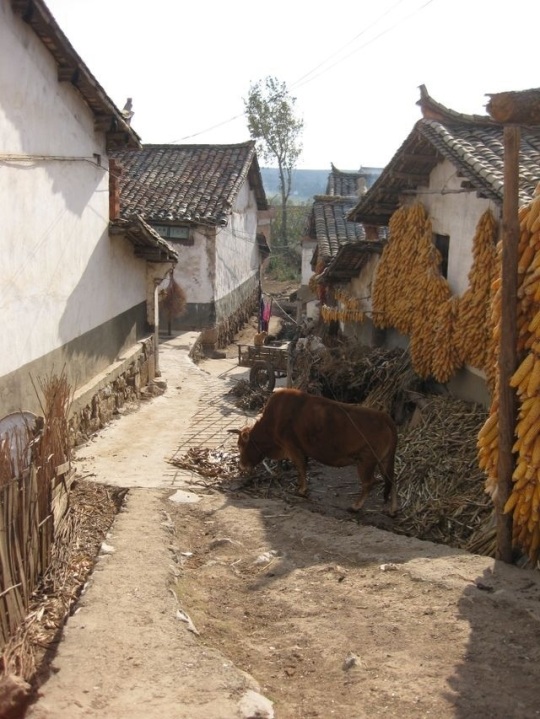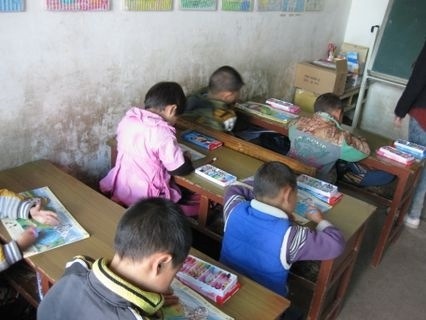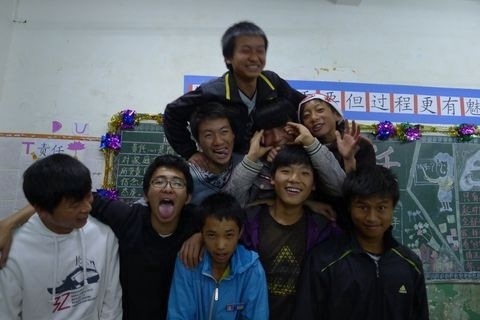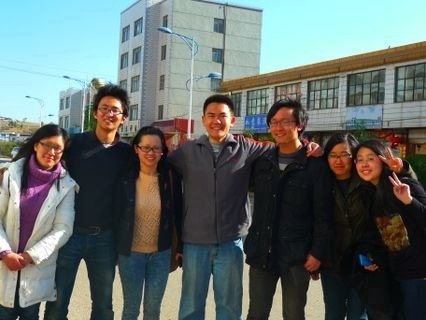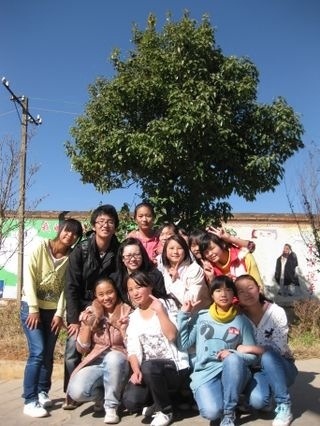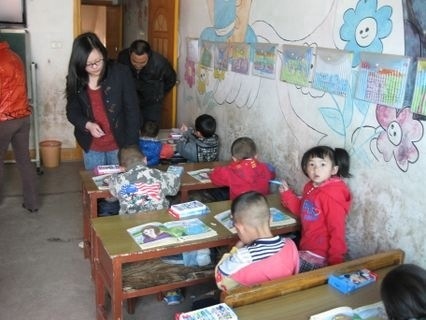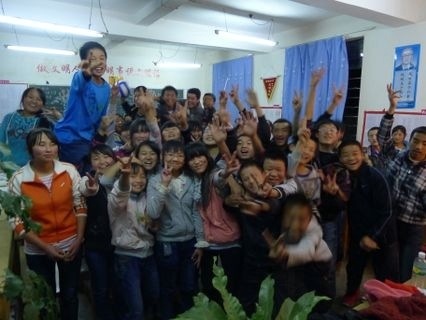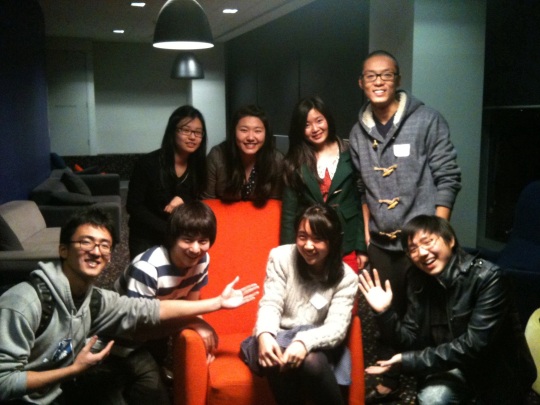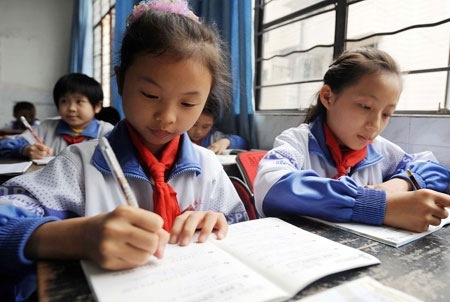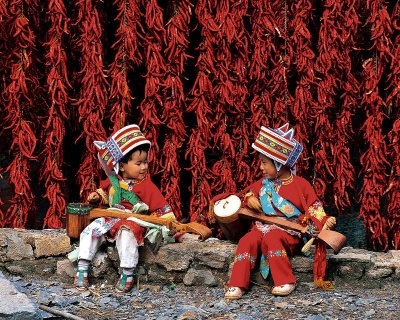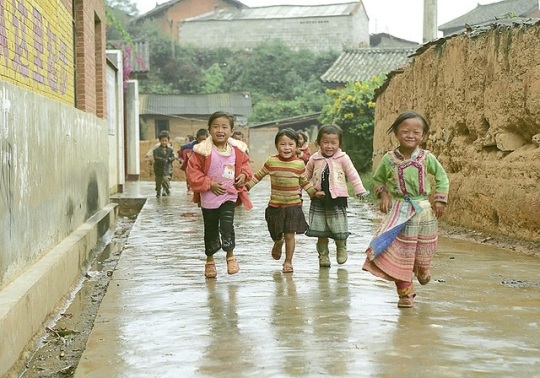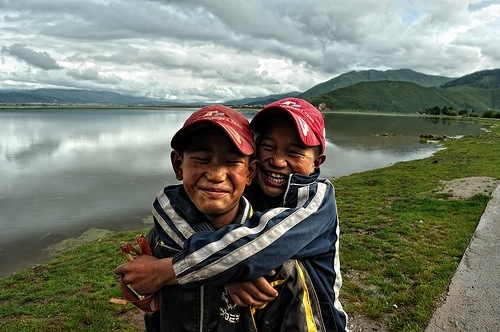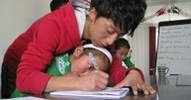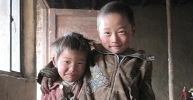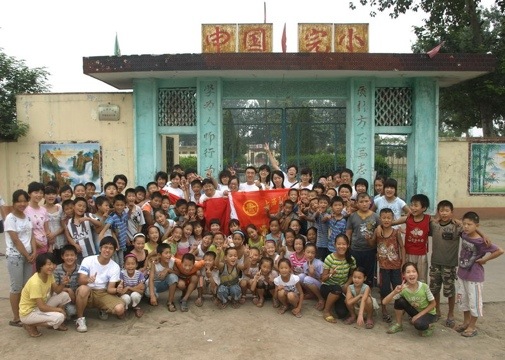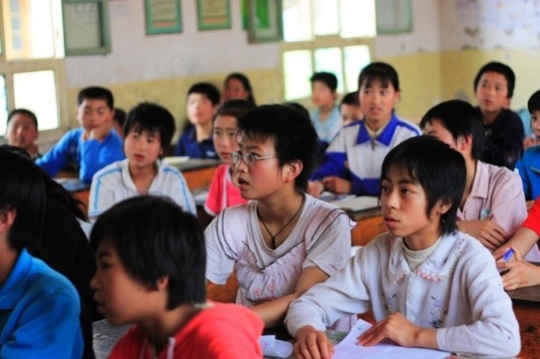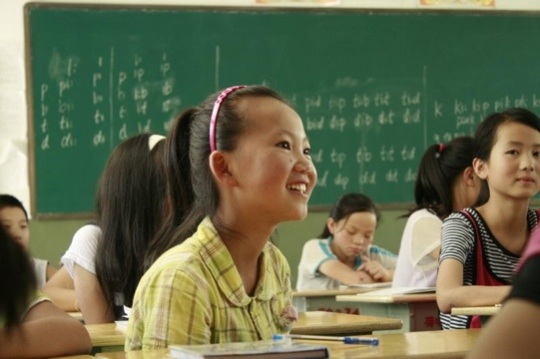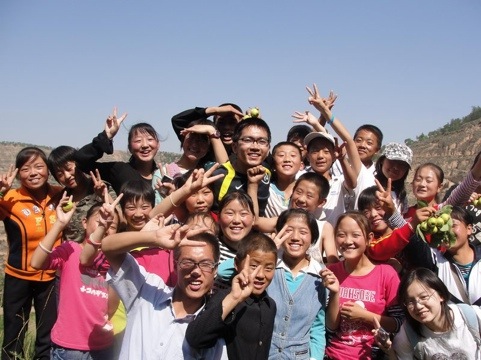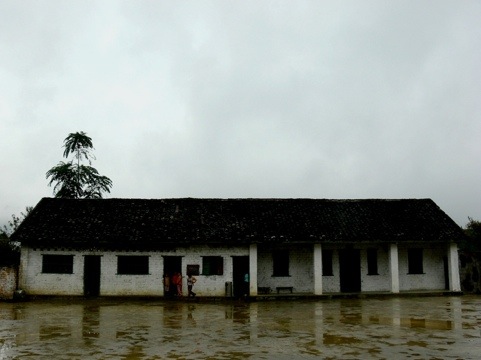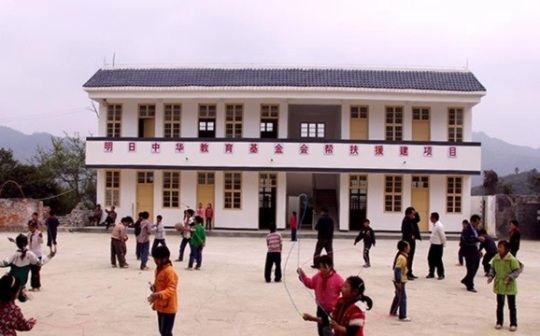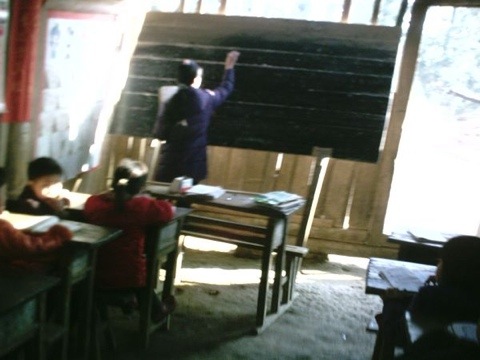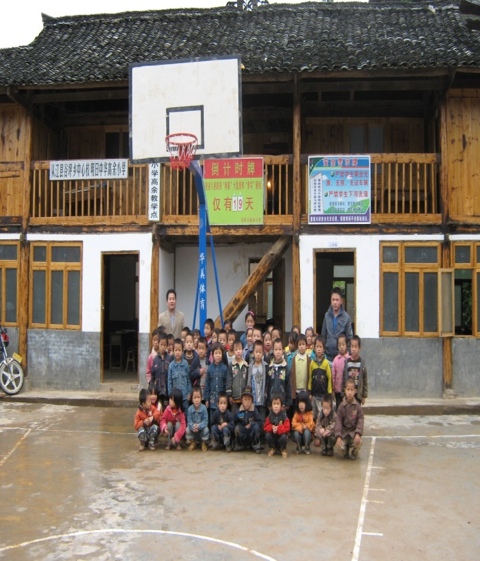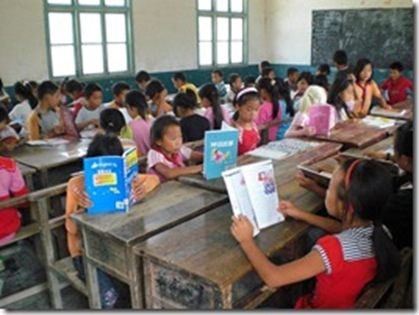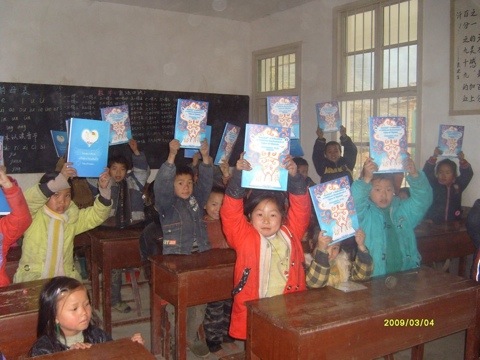Angel shares her two weeks teaching English in Yunnan:
At first I thought the target who benefitted from this teaching trip would be the students, however, at the end of the day I realized that the volunteers and I were the ones who gained the most. Throughout the teaching trip, I went to the school every day to teach different classes English ranging from Grade 8 to 9. I tried to think of some interactive ways to get them more involved in the class. We would play games such as Hangman and Pictionary. These were to add some fun elements into the class when teaching new vocabularies.
I really admire their pureness and simplicity. They could find happiness even in littlest things. They really liked it if I gave them candies whenever the students won the game. It was exciting to see how students got crazy over those little treats. Laughter was filled in every corner of the classroom. It made my day to look at their smiley faces.
Sometimes the winners would flaunt the number of candies they got from the game at the end of the lesson. The other classmates would playfully tease back which made the atmosphere absolutely funny. I am definitely not encouraging the action of boasting, however, all I could see from those scenes were true friendship. They were proud of each other and did not take those competitions too seriously.
I grew up in a competitive learning environment where classmates often compared their academic results. I feel very pleased to see the strong bond they had with each other. They knew each other very well in a way that they would show support and care from the bottom of their heart to their classmates who were in need.
I remember I asked them to tell me about their dreams on the first day we met. I was truly amazed by their strong will to pursue their dreams. Many of them had a clear picture of what they wanted to achieve in the future. Few of them wanted to be an engineer, hence they asked me a lot of related questions. I discovered that their determination was stronger than what I imagined. I would say we could never underestimate and look down on a teen’s potential.
Those students living in rural areas are our precious treasure with enormous potential. They are like diamonds, looking ordinary from the outside before the cutting process. However, once they are converted to gems, no one could ever resist their attraction. Every day they are waiting for an opportunity for them to shine. I hereby would like to send my sincere wishes to them and hope they could succeed one day.
